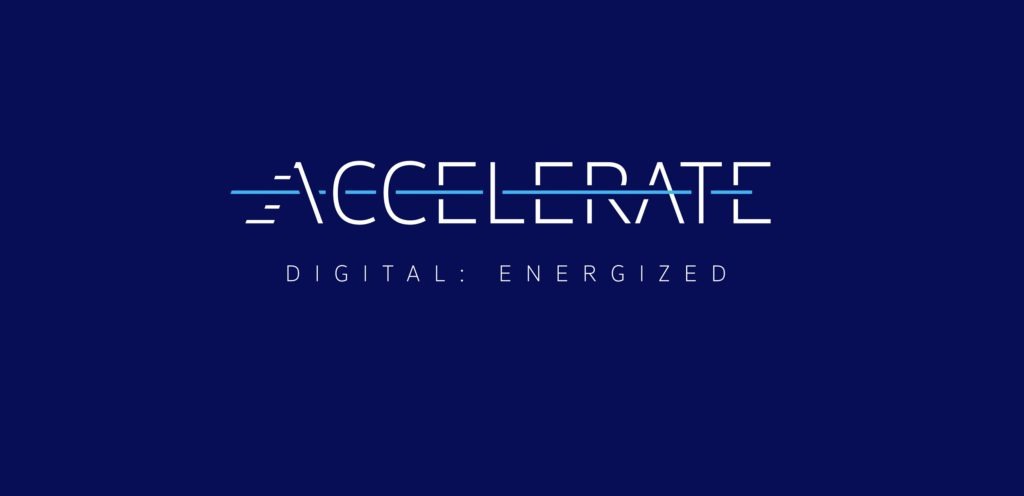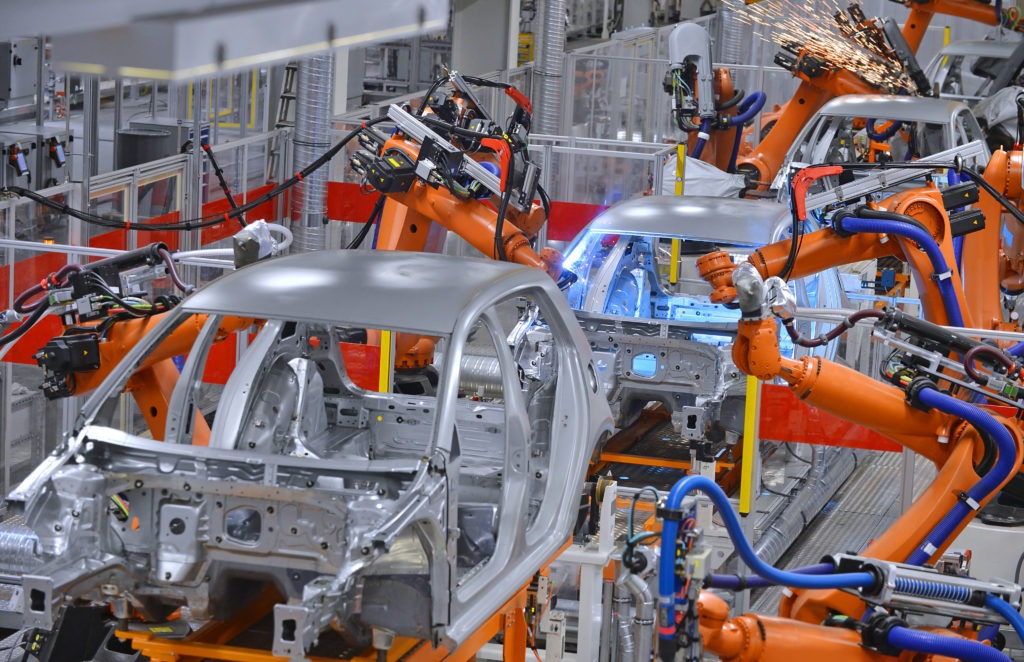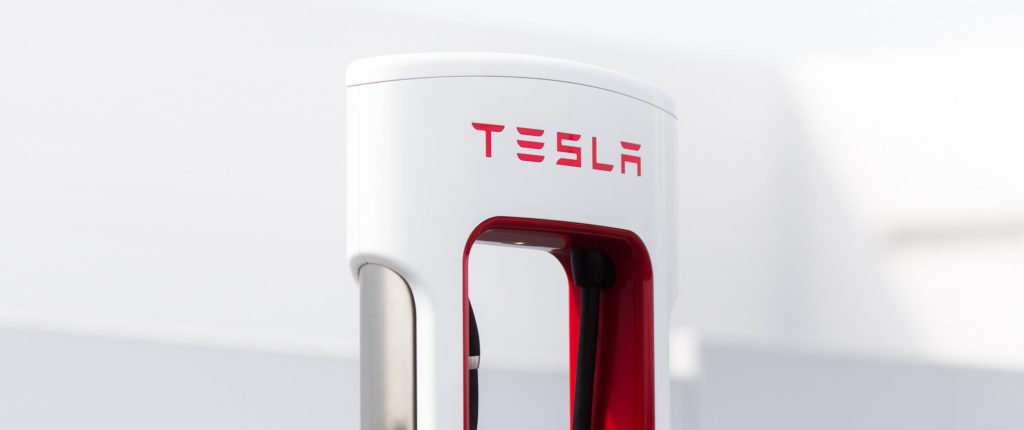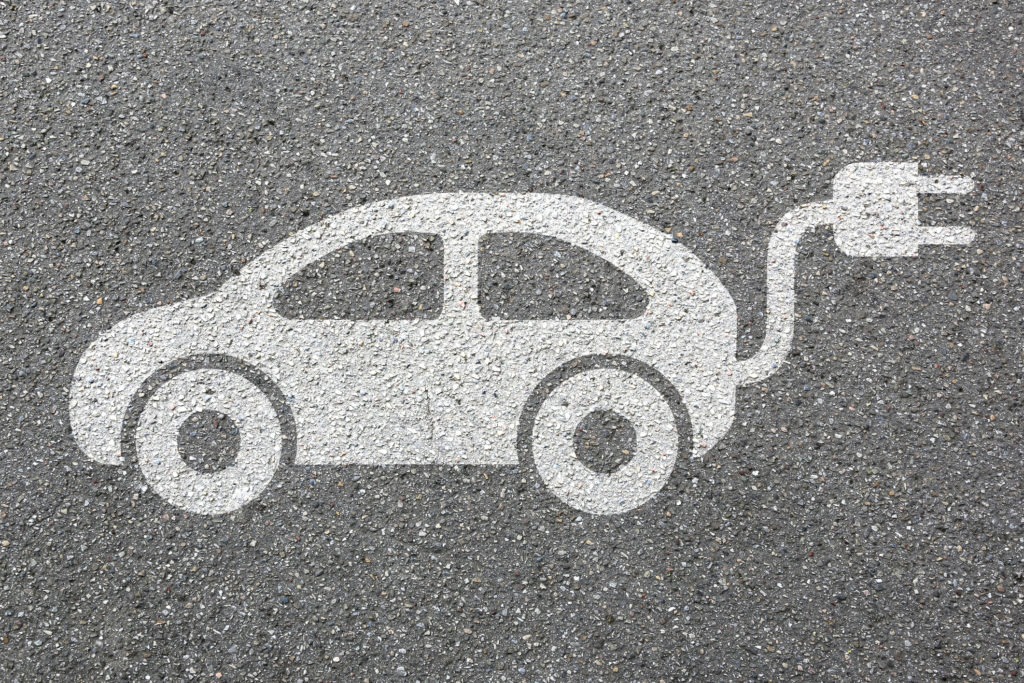VW accelerates towards electric and digital future
05 March 2021

Volkswagen Passenger Cars (VWPC) is pushing forward with its transformation into an electric, software-driven, mobility provider. Unveiling its new ′Accelerate’ strategy, the carmaker is preparing for major upcoming automotive industry changes.
As well as perusing larger portions of electrically-chargeable vehicle (EV) markets around the world, the brand is recognising the need to advance in parallel races. Pursuing a data-based business model, VWPC is looking to attract new customers as well as tap additional streams of revenue. The company also wants to make autonomous technology accessible for consumers before the end of the decade.
‘E-mobility was just the beginning: the real disruption has yet to come. With our strategy, we will Accelerate towards the digital future,’ CEO of VWPC Ralf Brandstätter said. ′In the coming years, we will change Volkswagen as never before.’
Accelerating electrification
VWPC is looking to boost its electrification efforts. By 2030, its plans to double its share of electric cars sales in Europe from the previously planned 35% to 70%. ′Volkswagen is taking responsibility for the climate and will significantly exceed the planned EU regulation,’ Brandstätter said. Meanwhile, in the US and China, its share is expected to rise to 50% by 2030.
The carmaker’s Modular Electric Drive (MEB) will be continuously developed, with improvements in acceleration, charging capacity and range. It will also advance the next generation of high-performance platform for flat BEVs. The Scalable Systems Platform (SSP) will be deployed for the first time in 2026 within VWPC’s flagship project, Trinity.
However, this does not leave internal combustion engines (ICEs) out of the race entirely. The carmaker’s ICE fleet will be developed in parallel to its electric campaign. All the core models, including the Golf, Tiguan, Passat, Tayron and T-ROC, will get another successor.
′We will still need combustion engines for a while, but they should be as efficient as possible,’ the CEO said. ′This is why the next generation of our core products – all of which are world models – will also be fitted with the latest generation of plug-in hybrid technology, with an electric range of up to 100 kilometres’.
Software integration
Brandstätter explained the electric shift is only the beginning of a tough selection process in the automotive industry. The digitalisation of products and business models is imminent. ′Of all the major manufacturers, Volkswagen has the best chance of winning the race. While competitors are still in the middle of the electric transformation, we are taking big steps toward digital transformation,’ the CEO added.
The company’s high volumes will ensure the scaling of software within the wider Volkswagen Group (VW). An emerging core competency for VWPC will be the integration of software into vehicles and shaping the digital customer experience. As the flagship battery-electric vehicle (BEV) sub-brand, the ID. series will take the lead in developing a customer-centric digital ecosystem.
The new ID. Digital project unit will therefore provide ′over-the-air’ (OTA) updates every 12 weeks starting in summer 2021. By providing the latest technological features and improvements, ID. vehicles will remain up to date throughout their life cycles. A fleet of over 500,000 models is expected to hit the road in two years, through which the carmaker plans to translate direct customer feedback into new functions.
For example, Trinity will combine new technological, business, and production approaches at the Wolfsburg plant. It will enable Level 2+ automated driving from the outset, with plans for Level 4 in the future. ′Trinity will become a kind of time machine for our customers, saving them time and stress. However, this technology must not become the preserve of a select elite, which is why we are scaling it to make it available for many people,’ Brandstätter said.
Data-based business
Setting the scene for a data-based business model, VWPC is looking to lower the entry barriers to individual mobility, while offering attractive service packages. This means additional revenue can be generated across the vehicle’s service life through charging and energy services, as well as software-based functions and automated driving.
Vehicle portfolio simplification will also play an important part in the shaping of VWPC’s future. Upcoming generations will be produced with a far smaller number of versions. Individual configuration will no longer be set through the vehicle’s hardware at purchase. Cars will contain essentially everything required on board, with customers capable of selecting desired functions through the digital ecosystem as required. This will also prevent unnecessary production complexity and variation, allowing customisation post-delivery.
VWPC has earmarked roughly €16 billion to invest in future e-mobility, hybrid and digital trends up to 2025. A targeted operating margin of at least 6% is expected to be achieved by 2023 and secured long term. The carmaker looks to trim its fixed costs by 5% before 2023, increase factory productivity by 5% per year, optimise material costs by 7% and bring all regions into the black in the long term.
′Volkswagen will undergo profound changes,’ Brandstätter said. ′We will epitomise not only climate-friendly e-mobility, but especially fascinating digital customer experiences, new business models and autonomous driving for many people. We have built up a strong basis for this over the last few years. Now, with Accelerate, we will give digitalisation a further push.



